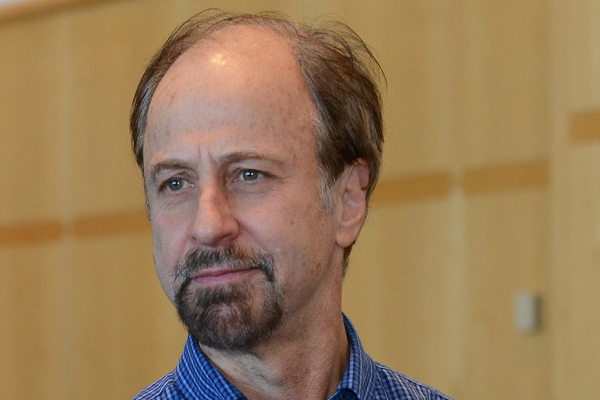Quran Desecration 'Unacceptable, Unethical': Christian Professor

In recent weeks, a series of highly concerning incidents involving the burning and derogatory treatment of Islamic religious symbols, including the Quran, has emerged in Denmark, Norway, and Sweden. These actions have provoked a crisis in the diplomatic relations between these countries and various Islamic nations.
The gravity of the situation is such that certain Islamic countries have gone so far as to propose implementing sanctions and reducing diplomatic ties with these offending Nordic states until these disrespectful actions cease.
Moreover, these repeated acts of disrespect have reignited the contentious debate surrounding the delicate balance between freedom of speech and the boundaries of religious sensitivity. The named countries are allowing the acts of desecration to happen under the guise of freedom of speech.
IQNA has reached out to Robert W. Hefner, a professor in the Department of Anthropology and the Pardee School of Global Affairs at Boston University, to further discuss the issue.
Following is the text of the interview about the recent desecration of the Quran:
IQNA: What do you think is the reality of the continuation of this trend of Quran burning and attacks on Islam?
Hefner: The Qur’an burnings were acts of provocation deliberately intended to offend the sensibilities of all Muslims. The acts are utterly unacceptable and unethical and should be condemned by all people, Muslims and non-Muslims. As a Christian who has spent most of my life in the company of Muslim friends and colleagues, I appreciate and affirm the beauty of Islam. I thus condemn these acts of desecration. They are not just anti-Islamic, but anti-religion and evil.
IQNA: To what extent do you think political issues have played roles in Quran burnings? At first, Quran burning was done in front of the Turkish embassy and experts linked it with Sweden’s NATO bid but why the act is being repeated in other places?
Hefner: The desecration of the Qur’an appears to have been the work of different actors with different motives. The largest groups consisted of right-wing extremists motivated as much by racial hatred as by anti-Islamic sentiments as such. The extremists are well-organized and loud, but they are a fringe group in Western societies, animated by hatred all people should condemn.
IQNA: What should Muslims do in response to the burning of the Quran and what is the best response expected from Islamic governments?
Hefner: Muslims can join with people of all faiths to condemn these acts for what they are: acts of hate and evil. Muslims and non-Muslims should join in affirming the love and beauty at the heart of Islam.
IQNA: What groups and people do you think to benefit from these desecration acts?
Hefner: Although the hate-filled extremists appear to think they reap benefits from such acts of desecration, in reality, they do not benefit – since the acts reveal the perpetrators to be ignorant, small-minded, and hateful. They bring dishonor to themselves and all who support them.
IQNA: What are the consequences of the continuation of these insults to Islamic values in Western countries?
Hefner: The extremists who carry out these acts believe mistakenly that they mobilize anti-Islamic and anti-religious sentiments in Western countries. But they are mistaken. The extremists dishonor themselves and reveal themselves to be acting in a manner antithetical, not just to Islam, but to true Christian values, as well as the values of all Abrahamic faiths.
Interview by Mohammad Hassan Goodarzi
Robert W. Hefner is a social theorist and a professor at Boston University. He studies religion, ethics, law, education, and culture in different parts of the world, especially in Muslim-majority countries and Western democracies. He has led many research projects and conferences on topics such as Muslim politics, shariah law, citizenship, and pluralism. He has written or edited 21 books and seven policy reports, some of which have been translated into other languages. He is currently working on films and a book about Muslim ethics and diversity in Indonesia.
The views and opinions expressed in this interview are solely those of the interviewee and do not necessarily reflect the view of International Quran News Agency.



